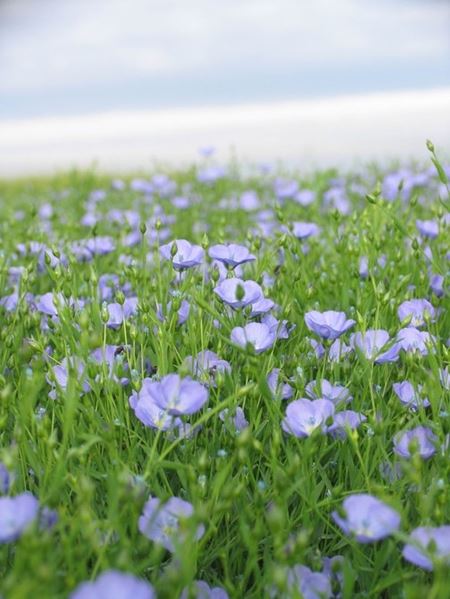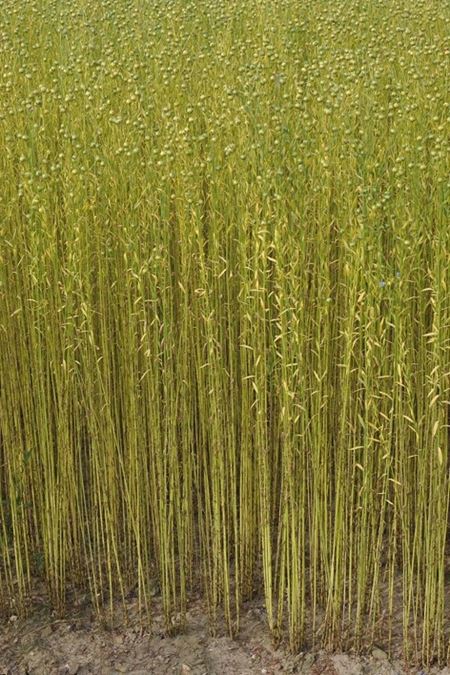Our threads
A SMALL EDUCATIONAL TOOL EXPLAINING THE DIFFERENT NATURAL MATERIALS WE SELECT.
WOOL
For more than 5000 years, man has been breeding sheep for their fleece. Shearing is carried out once or twice a year and is necessary for its well-being. The wool is sorted and only the finest and softest parts are selected for our products. After washing in warm water to remove the wool grease (transformed into lanolin for other uses), it is carded, a preparatory stage for spinning. The transformation of the wool into yarn is carried out in Europe,
The fleeces come from Australian or New Zealand Merino sheep farms. We favour farms that do not practice mulesing, thanks to the
RWS certification, a voluntary global standard that aims to ensure the well-being of sheep and respect for pastures
.
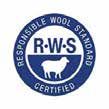
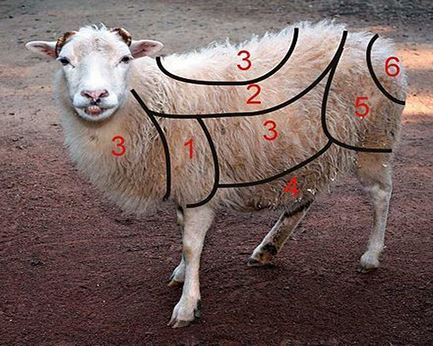
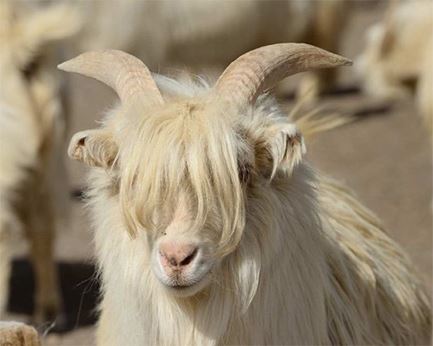
THE CASHMERE GOAT
Originally bred on the Tibetan highlands, underneath its permanent coarse coat is a particularly dense and fine down. It is one of the most precious and softest downs, the fineness of the fibre is around 15microns.
ANGORA GOAT
Produces mohair wool. Its wool is shiny and curly and is not to be confused with the angora rabbit, which produces angora.
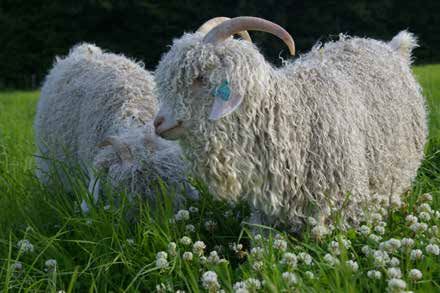
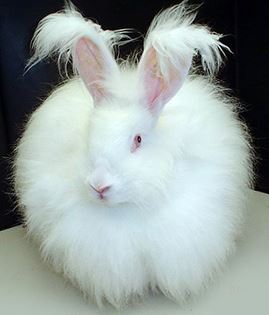
THE ANGORA RABBIT
has a very long, soft and supple hair: angora. The hair is harvested by
in Germany or by depilation in France. We refuse to buy angora
produced in China using methods that are particularly cruel to the animal.
SILK
The discovery of silk in China is linked to a beautiful legend: in the year 2700 BC, while a Chinese princess was drinking her tea in the shade of a white mulberry tree, a silkworm cocoon fell into her beverage. When she took it out of her cup, the thread began to unwind under her fingers. She then had the idea of weaving it: silk was born. A few centuries later, the caravans of the Silk Road came to us. Our raw silk yarns, produced in China, are spun and dyed into skeins in Italy and then transformed into precious fabrics in our workshops.
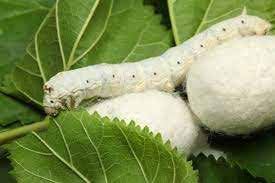
COTTON
Cotton is the fibre that protects the seeds of a shrub called the cotton plant. This shrub needs a lot of water during its growth, followed by a dry, sunny and warm climate during the period of maturation of the seeds. The quality of cotton is measured in centimetres and in strength. Cotton fibre can be between 1 and 5 centimetres long. The longer the fibre, the finer it tends to be, which is an advantage for the fall of the fabric. This makes it look more like
silk thread.
Nos cotons sont de longues fibres peignées et proviennent d’Egypte. Sur demande, certains sont certifiés GOTS, qui impose notamment une réduction de la consommation en eau et en énergie des différents maillons de la production. Le label utilise les mêmes conditions que l’Organisation Internationale du Travail et ne certifie que les entreprises offrant un travail sûr à leurs employés, sans discrimination aucune et sans travail des enfants. Cette certification protège le consommateur en interdisant l’utilisation de produits chimiques ayant un impact grave sur la santé.
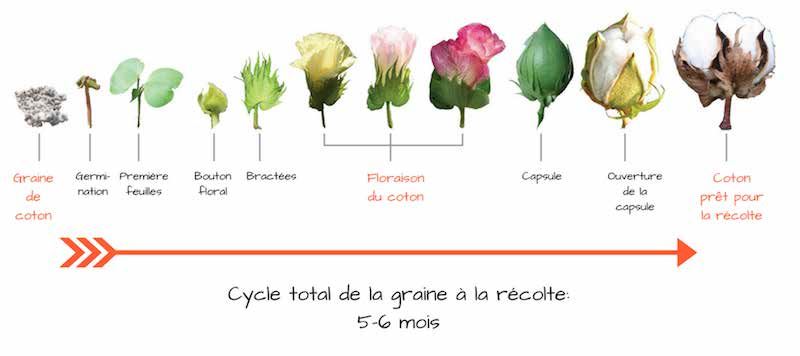
FLAX
Flax is undoubtedly the oldest fibre in the world, since the first traces of it were discovered more than 36,000 years ago. Fragments were found in Georgia, but it was in the Nile valley that linen production developed.
Its arrival in Europe dates from the 8th century, when the Phoenicians introduced it to Greece, Italy and then France. It was Charlemagne who developed the linen craft industry in France, to the point where it became the most widely used fibre in the country from the 9th century.
After being outstripped by cotton, it regained its popularity after the First World War, being revived in its most favourable growing region, around the Channel. Today, flax represents 75,000 hectares of cultivation in Europe, essentially in France and Belgium.
Ecological and responsible flax seems to have all the virtues. One more, flax, both flexible and resistant, is even used to make banknotes! So now we know, money does have a smell, that of flax...
